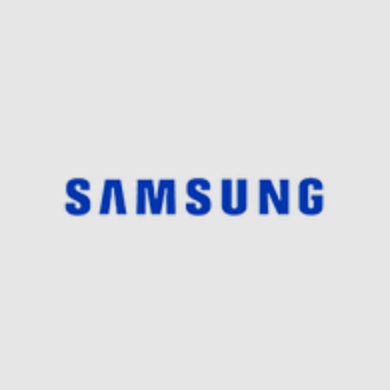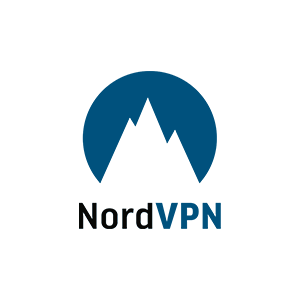Sixty-eight men and women from around the world are racing across the Atlantic Ocean in rowboats the length of large canoes.
The Ward Evans Atlantic Rowing Challenge is grueling: Rowers in pairs must navigate through uncertain weather conditions for 3,335 miles.
Throughout the race, the rowers are in constant contact with the outside world.
Unlike the first and only time the race was held in 1997, all 34 boats in this year's race are equipped with Global Positioning System (GPS) devices, and practically all the rowers have satellite phones and other wireless gadgets with Internet access.
"The phone has been our lifeline," said Jude Ellis, one of four rowers from New Zealand, whose rowing mate is Steph Brown – the race's only other woman. "I can't possibly imagine the last two weeks without it. We've been able to ring our friends and families who have given us so much support."
The race began Oct. 7 at Los Gigantes Harbor in Tenerife, Spain, and ends in Port St. Charles, Barbados. It is more than 2,900 nautical miles, or 3,335 miles long.
Far fewer people have rowed across the Atlantic than have climbed Mount Everest, according to the race's official website. While the world record for rowing across the Atlantic Ocean is 41 days, most teams will take between 50 and 100 days to complete the course. Two teams of the original 36 parties that signed up for the race have already dropped out.
Rob Hamill, a New Zealander who set the world record of 41 days in 1997, wrote a book on his experience. In Naked Rower, he discusses how to avoid dehydration at sea, navigate aggressive waves and wind and cope with the biggest challenge of all: sleep deprivation.
"It's torture and can cause a lot of mental anguish," Hamill said. "You adapt to a degree but it's always tough, sleeping for two hours, rowing for two hours. We used a homeopathic remedy and this helped us get going again at the start of a shift. As the race wore on, we had to shout at the top of our voice several times to wake each other up –- we were just so out of it."
An injury prevented Hamill from participating in this year's race. The Kiwis who replaced Hamill – police officers Matt Goodman and Steve Westlake – have been leading much of the way and could possibly break the record next week.
But Hamill is still participating in his own way, calling the two New Zealand teams to tell them their location and offer encouragement and advice.
"The technology is for tracking purposes and for peace of mind to anyone that wants to do something like this," said Caroline Vose, spokeswoman for Ward Evans, the financial brokerage firm sponsoring the race.
While the rowers say they are grateful for the wireless perks like GPS and satellite phones, Vose says the gadgets are not giving the rowers an unfair advantage. Under contest rules, the rowers can use any device they bring onboard, but not anything that's been handed to them from outside the boat.
"I don't see how that makes it any less of an achievement," Vose said.
The winning team receives trophies, while the rest of the rowers who complete the race get medals. The contest serves no purpose other than personal pride, Vose said.
"It's sort of like climbing (Mount) Everest," she said. "It's something not many people get to do in their lifetime."
If anything, the rowers are tired to the point they're throwing away the wireless gadgets to lessen their load. Tom Mailhot and John Zeigler, the only Americans in the competition, recently tossed a rugged, Palm-sized armband by Melard Technologies that was helping them keep tabs on their heart rates, food consumption, distance traveled, navigation patterns and water temperature. The device weighed two pounds.
"I think (the device) really gives them more of an advantage post-race to let them analyze what they went through during the race," said Chris Reitz, chief operations officer for Melard.
Ellis and Brown are among the top five of 34 teams and are only a few hundred miles from Barbados, according to an online GPS map of their location. If and when they complete the course, they will become the first all-women team to cross an ocean.
"We had a great ride for the first couple of weeks, but the last few, rowing in those headwinds, have given new meaning to the word frustration," she said. "It will just make the finish even sweeter when we get there."

















